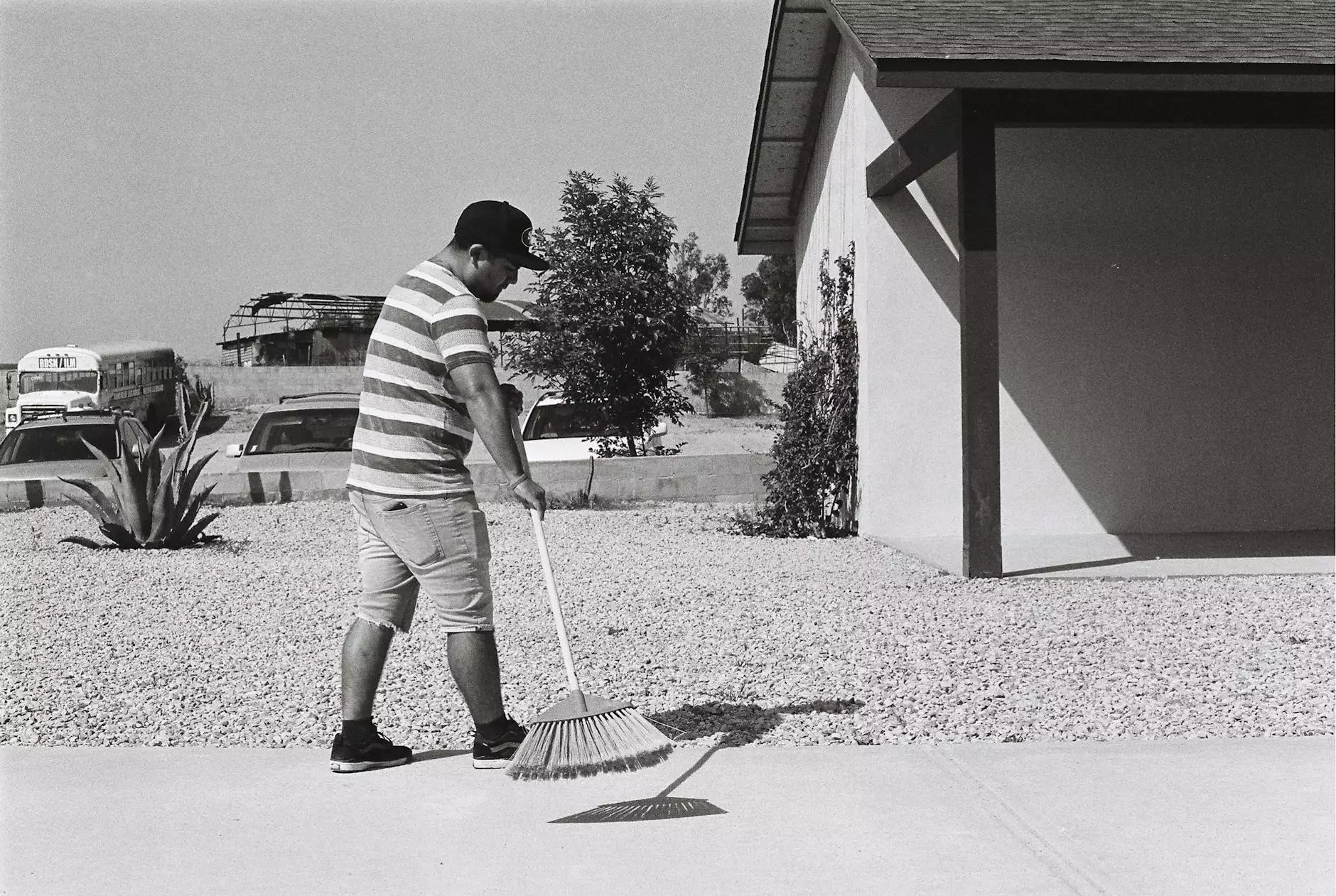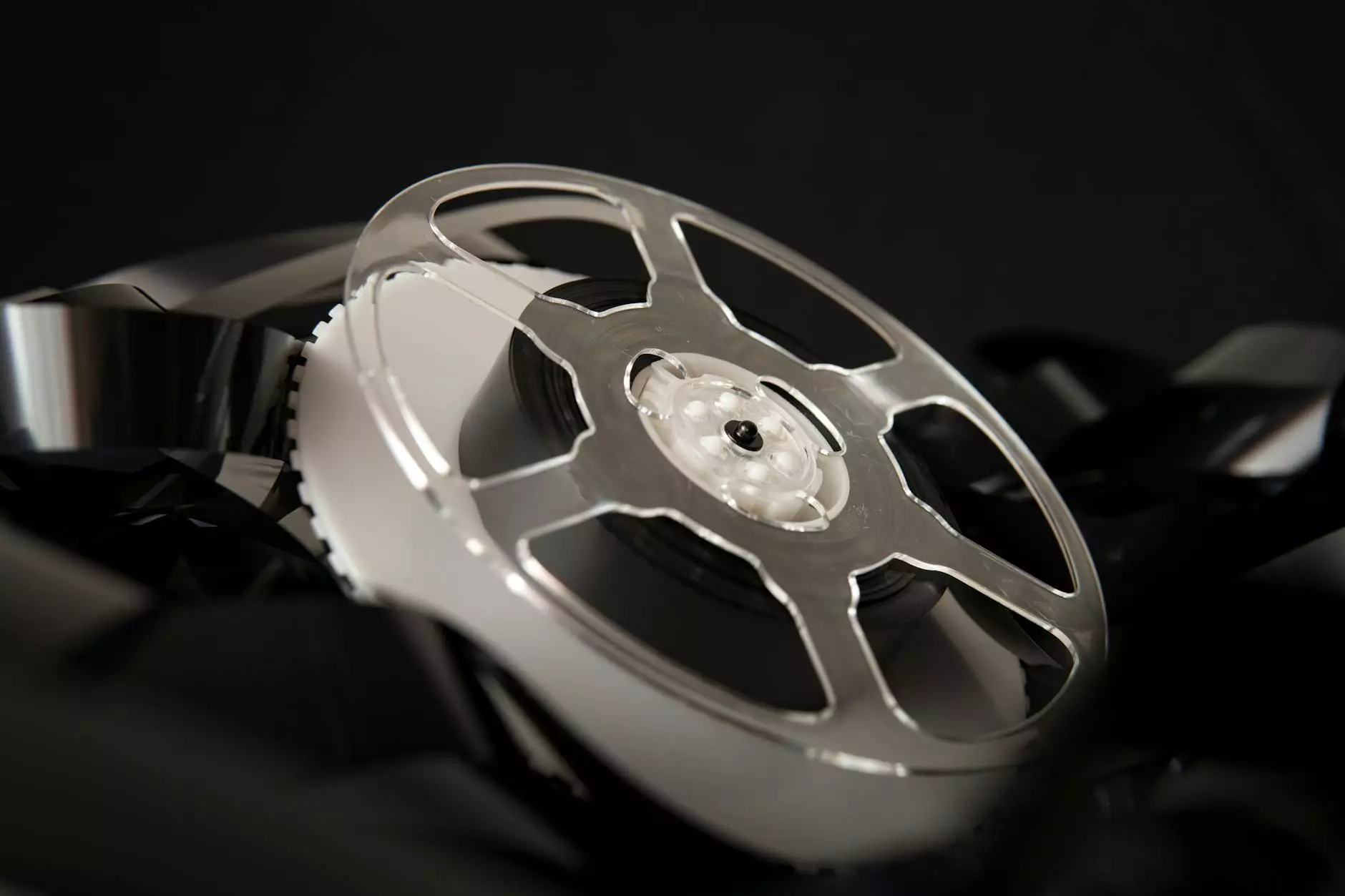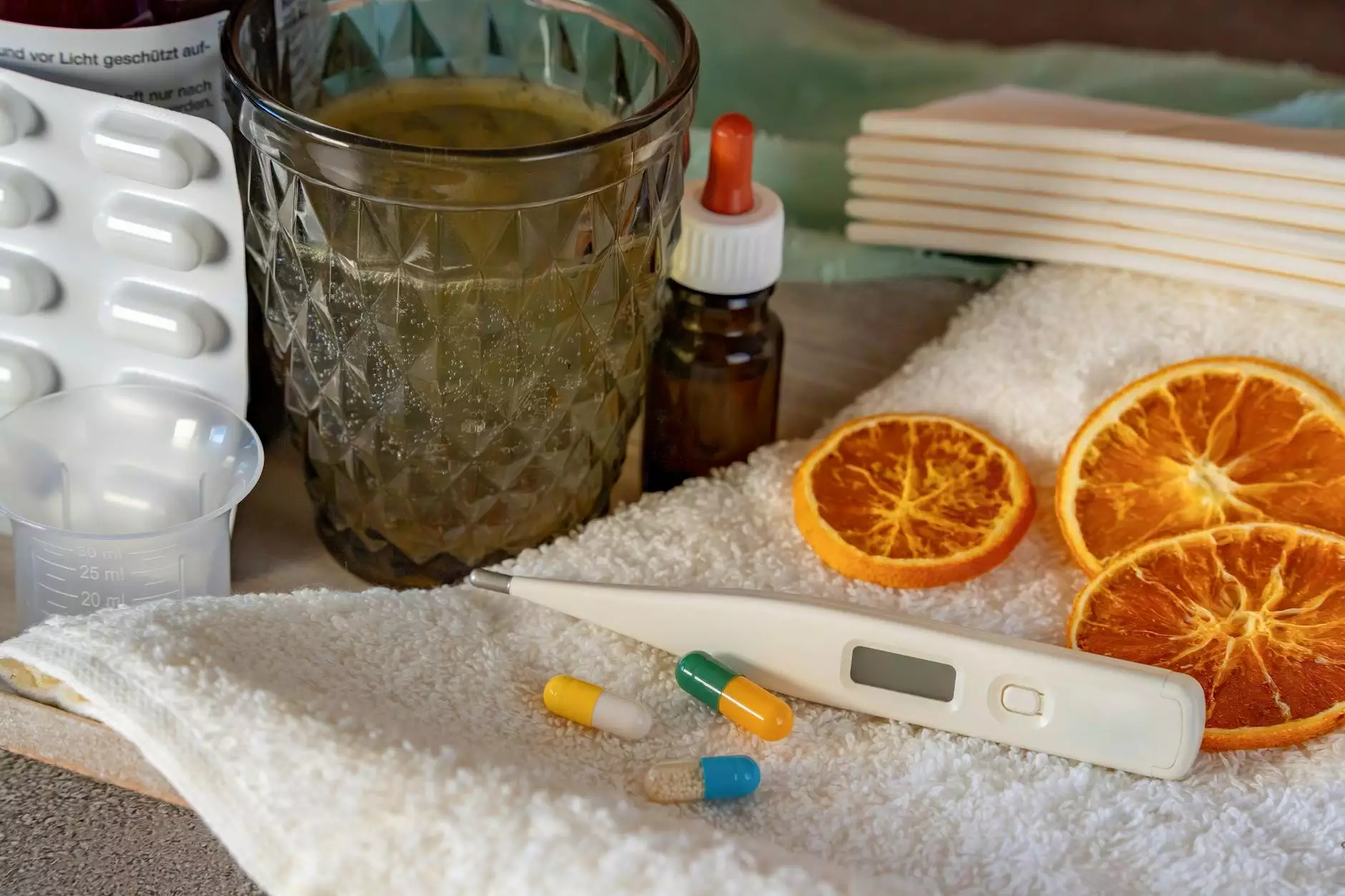Choosing the Right Surgical Instrument Cleaning Solution for Healthcare Facilities

Surgical instrument cleaning solutions play a vital role in the healthcare industry, ensuring that surgical tools are free of contaminants and safe for use. Proper cleaning and decontamination of surgical instruments is critical not only for patient safety but also for compliance with health regulations. In this comprehensive guide, we will explore the various aspects of surgical instrument cleaning solutions, their importance, and how to choose the right one for your healthcare facility.
Understanding the Importance of Surgical Instrument Cleaning Solutions
The need for surgical instrument cleaning solutions cannot be overstated. Every surgical procedure carries inherent risks, including infections caused by improperly sanitized instruments. The requirement for meticulous cleaning protocols has prompted healthcare facilities to adopt advanced cleaning agents that are effective, fast-acting, and safe for both users and patients.
Key Reasons for Using Effective Cleaning Solutions
- Patient Safety: Infections can lead to severe complications. Using the right cleaning solution minimizes this risk.
- Compliance: Healthcare facilities must adhere to strict regulations. Using effective cleaning solutions helps ensure compliance with these standards.
- Instrument Longevity: Antimicrobial damages can shorten the life of surgical instruments. A quality cleaning solution can help preserve the integrity of these tools.
- Operational Efficiency: Efficient cleaning processes save time and improve workflow in surgical settings.
Types of Surgical Instrument Cleaning Solutions
Surgical instrument cleaning solutions come in various formulations, each tailored to specific cleaning needs. Understanding these types can help healthcare providers make informed choices.
1. Alkaline Cleaning Solutions
Alkaline cleaning solutions are highly effective in breaking down organic matter such as blood, tissue, and other bodily fluids. They elevate the pH level of water, enabling better cleaning action. Common ingredients include:
- Surfactants
- Enzymes
- Detergents
When selecting an alkaline solution, it's crucial to consider the compatibility with the specific instruments being cleaned to prevent corrosion.
2. Enzymatic Cleaners
Enzymatic cleaners are specially formulated to break down proteins, along with other biological substances. They are particularly useful for cleaning instruments that have been exposed to complex organic matter. Enzymatic cleaners are characterized by:
- Quick action, requiring minimal soaking time
- Non-toxic, making them safe for healthcare environments
- Environmentally friendly options
When using enzymatic cleaners, it's essential that they are rinsed thoroughly to avoid any residue that can compromise sterilization.
3. Acidic Cleaning Solutions
These solutions are used primarily to remove mineral deposits, such as lime scale and rust, from surgical instruments. Acidic cleaners are effective for:
- Decontaminating metal instruments
- Restoring the shine of stainless steel
Caution is advised, as improper use can damage some types of instruments. Always refer to manufacturer guidelines.
4. Disinfectant Solutions
While not solely cleaning agents, disinfectants play a crucial role in decontamination. They are meant to significantly reduce the number of pathogens on surfaces and can be used on instruments that have already been cleaned. Key features of disinfectant solutions include:
- Spectrum of effectiveness against bacteria, viruses, and fungi
- Fast-acting formulations
- Compatibility with various materials
Factors to Consider When Choosing Surgical Instrument Cleaning Solutions
Selecting the right surgical instrument cleaning solution is not a one-size-fits-all situation. Here are several factors to consider:
1. Type of Instruments
Different materials used in surgical instruments require different cleaning solutions. For example:
- Stainless Steel: Must be compatible with alkaline and enzymatic cleaners.
- Plastic Instruments: Should avoid harsh chemicals that can cause degradation.
2. Intended Use
Determining if the instruments will be reusable or single-use can affect the choice of cleaning solution. Reusable instruments require robust cleaning solutions to ensure no residual contaminants are left behind.
3. Safety and Environmental Concerns
Healthcare facilities are increasingly focused on both employee safety and environmental impact. Choosing non-toxic and biodegradable cleaning solutions can benefit both staff and the environment. Look for:
- Clear labeling of ingredients
- Certifications for environmental safety
4. Compliance with Standards
Check that selected cleaning solutions comply with the latest healthcare regulations and standards, such as those from the CDC and the OSHA. This ensures that the product has been tested and validated for effectiveness.
Best Practices for Surgical Instrument Cleaning
To achieve optimal results with surgical instrument cleaning solutions, adhering to best practices is essential:
1. Immediate Cleaning After Use
Instruments should be cleaned as soon as possible after use to prevent blood and other fluids from drying on them, making cleaning more difficult.
2. Pre-soaking Techniques
Consider pre-soaking instruments in a cleaning solution to help loosen debris before the main cleaning process. This step can significantly improve cleaning efficiency.
3. Proper Rinsing
Thorough rinsing is crucial after cleaning to remove any remaining cleaning agents that may interfere with sterilization. A double rinse is often recommended.
4. Use of Ultrasonic Cleaners
For complex instruments, ultrasonic cleaners can provide deep cleaning by using high-frequency sound waves that create tiny bubbles, effectively cleaning even intricate surfaces.
Conclusion
Choosing the right surgical instrument cleaning solution is fundamental to ensuring a safe and sterile environment in healthcare settings. By understanding the different types of solutions available, considering essential factors, and adhering to best practices, healthcare providers can significantly enhance the effectiveness of their cleaning processes. With proper cleaning protocols in place, facilities can safeguard patient health, comply with regulations, and ensure a longer life for valuable surgical instruments.
For more comprehensive information and a range of medical supplies, visit medalkan.com. Invest in the future of healthcare with robust cleaning solutions and maintain the highest standards of safety and efficiency in your facility.









